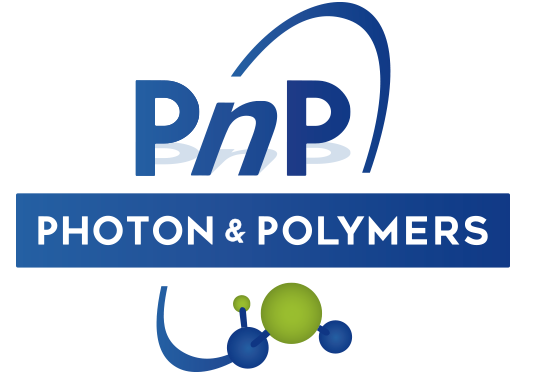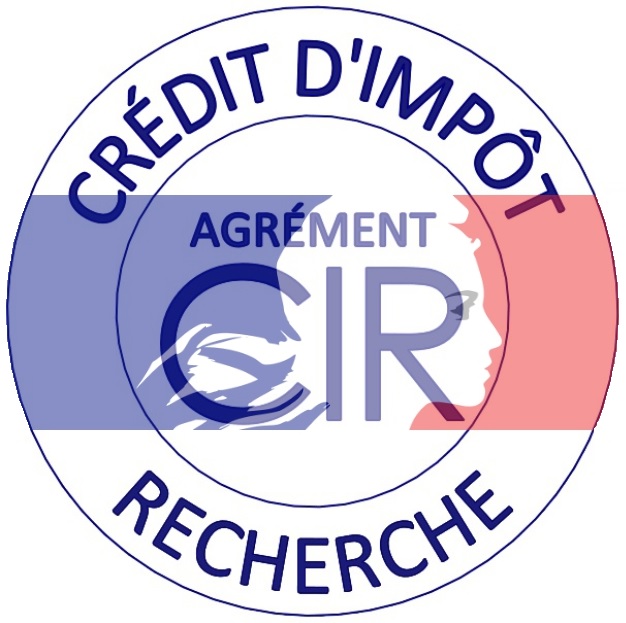The benefits of UV technology
A technology barded with assets
The speed
Polymerization is almost instantaneous. The passage from the molecule to the polymer material takes place in a few tenths of a second under intense irradiation. As a result, it requires only a small amount of energy.
The reduction or absence of VOCs
Photopolymerisations are usually carried out at room temperature, with resins containing no solvents, which reduces the emission of VOCs, volatile organic compounds, and therefore polluting vapours.
Space control
Crosslinking occurs only in spatially well-defined areas, those exposed to light radiation, which allows high-resolution relief images to be produced.
Time control
The reaction can be triggered at a precise moment and stopped at any moment, thanks to a time control of the irradiation.
The intensity of the source
The intensity of the light source is modulable according to a very broad spectrum, which makes it possible to control the starting speed.
Frontal polymerization controlled at room temperature
By acting on the wavelength of the light radiation and/or on the concentration of photoinitiators, the depth of light penetration and therefore the thickness of the polymer layer formed can be adjusted. This can vary from a few micrometers to several millimeters.
Single-component formulations
With a very long life, in the absence of any direct exposure to light.
You have an industrial project under study, in progress or pending? Need expertise?
Contact us now for more information.
Our services
PnP Screening Solutions
During R&D for the formulation of a coating, an adhesive, an inkjet or advanced materials for 3D printing, our creativity and sense of innovation help you quickly identify the right solution.
Learn more about
Learn more about
PnP Custom development
You have an innovative product idea or a particular need in photopolymer materials - varnish, inkjet, glue, advanced materials for 3D printing - to meet the expectations of a potential market?
Learn more about
PnP Consulting
We bring you an informed opinion on a problem or a development in progress or in gestation. Whether it is a material analysis or a failure or even a reverse engineering analysis, we provide objective advice.
Learn more about
PnP Training
PnP, Photon & Polymers' training organisation approval enables them to offer training on all the issues associated with photopolymer materials.
Learn more about
PnP Check & Optimize
Your current solution does not meet all your specifications? Looking to improve your formulations?
Learn more about


Photon & Polymers benefits from a CIR-CréditImpôtRecherche accreditation. Photon & Polymers' Research and Development operations are eligible for the Research Tax Credit.
Photon et Polymers
Our contact details
66 rue du Général de Gaulle
68460 Lutterbach - France
68460 Lutterbach - France
Téléphone
+333 89 53 83 10, +336 08 13 36 44




